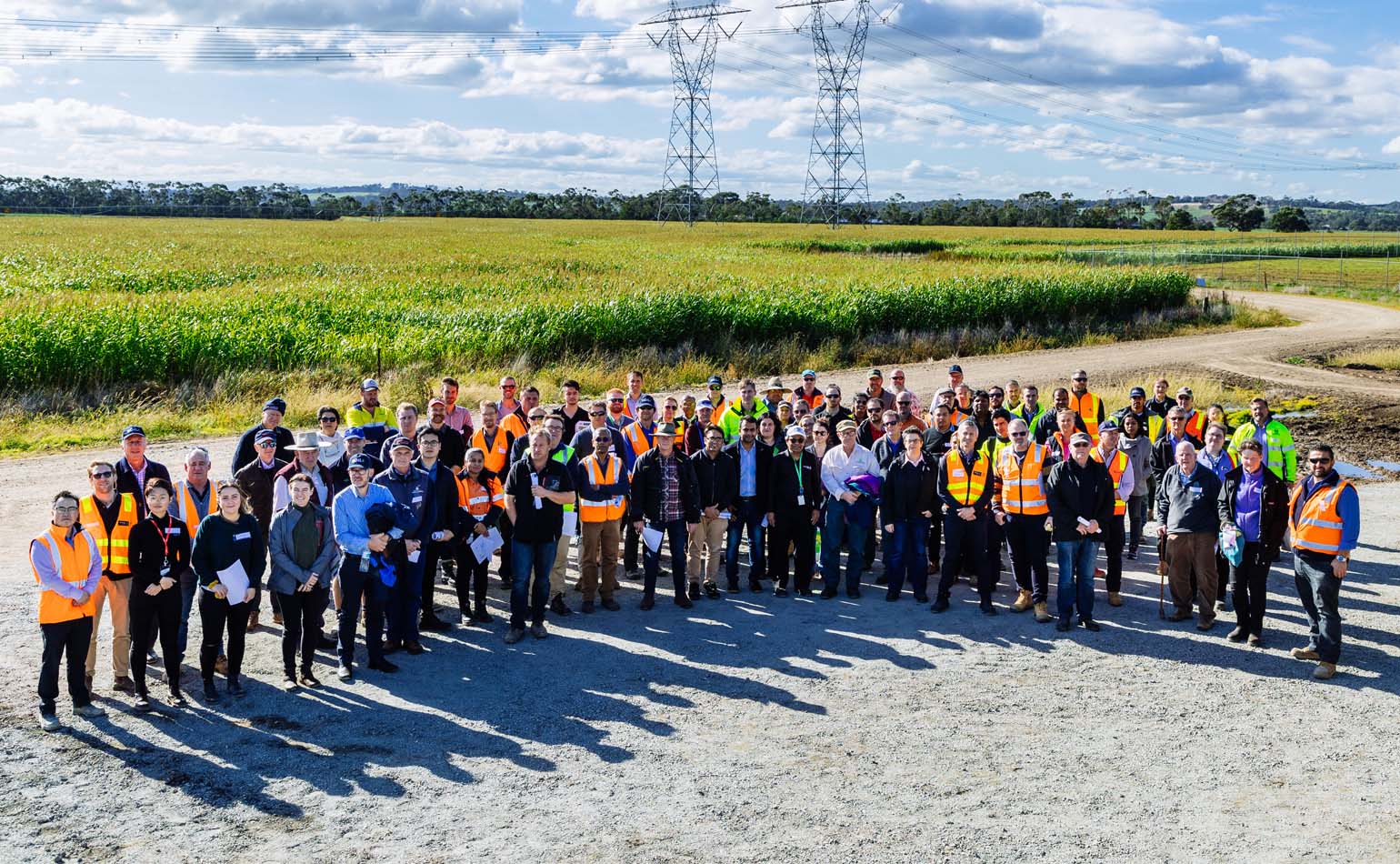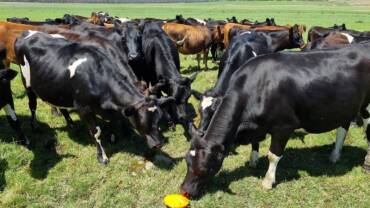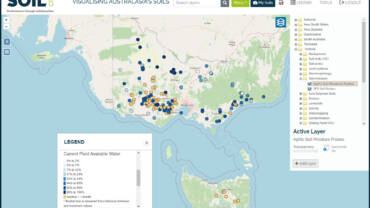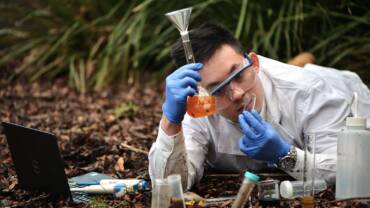Injecting new life into biosolids
News | Posted May 16,2019More than 100 industry professionals and researchers attended a biosolids field day hosted by South East Water on May 14 at Longwarry Water Recycling Plant.
The field day showcased the trial soil injection of biosolids in liquid form to improve soil structure, fertility and function. This was part of the Soil CRC project “Application of liquid biosolids” led by Dr Aravind Suarapeneni and in partnership with the University of Newcastle.
Often seen as waste, this project is investigating new ways to use biosolids – a by-product of the wastewater treatment process. Farmers can use this nutrient-rich fertiliser to maintain soils and stimulate plant growth, which increases their productivity.
The trial has so far seen a bumper crop of summer forage sorghum produced from liquid injection of biosolids under dryland conditions.
CEO of the Soil CRC, Dr Michael Crawford believes this project is vital.
“In addition to addressing an important issue for the water sector, it provides scientists and farmers with an understanding of how the addition of organic matter and nutrients to the subsoil can improve soil productivity and ultimately, farmer profitability.”
“The Soil CRC provides the opportunity for effective collaboration between industry and science as well as a pathway to adoption of new soil management technologies by farmers,” said Dr Crawford.
University of Newcastle environmental remediation researcher and one of the project investigators, Dr Balaji Seshadri, said optimising the use of biosolids will result in high value products that can enhance agricultural productivity and soil health.
“Delivering nutrients and organic matter in biosolids to the root zone via liquid injection is one novel approach we’re exploring through this joint trial that will ultimately benefit Australia’s farming community.” Said Dr Seshadri.
The current process for producing biosolids in Victoria involves a long treatment process to make sure the product meets treatment grade T1 – the only type of biosolids deemed safe for unrestricted use as fertiliser on farms. This includes storing the product for a minimum of three years before it’s used.
“We hope to prove that using biosolids in liquid form (known as T2 or T3 treatment grade) is appropriate for use on agricultural crops. This would permit time and cost efficiencies through bypassing conventional drying and stockpiling processes.” Said project leader, Dr Aravind Surapaneni.
“By undertaking this trial we can assess the impact of using T3 grade liquid biosolids on crops, as well as identifying any potential risks of using this by-product.” Said Dr Surapaneni.
If successful, this project has the potential to influence EPA guidelines on liquid injection of T3 grade biosolids in Victoria, which would be great news for our water recycling plants, local farmers and their crops.





